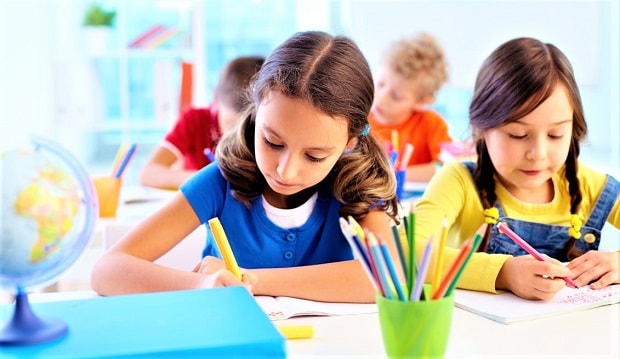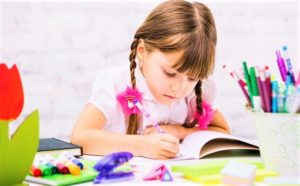
As soon as the schools were closed, these researchers sounded the alarm to remind the impact of this decision on the most vulnerable and the importance of resilience in the context of a disaster.
Parents have to adapt to a harsh new reality in the long run. They wonder about the best practices to adopt so as not to hinder the good development of their children and promote their academic success under the circumstances.
As a clinical researcher in educational psychology, the parents I receive in therapy, confinement or not, always look for solutions other than those which go through the supervision of homework – often the source of conflicts – to intervene effectively with their children.
Return to normal life
What would be the intervention strategy to consider for children most at risk of encountering difficulties when returning to class? To be able to answer such a question, despite the extraordinary and anxiety-provoking situation we are living in, it suffices to return to the basis of the definition of academic success.
In education, academic success refers to all of the knowledge, but also to the skills, behaviors, attitudes, and values acquired by a learner.
[su_youtube url=”https://www.youtube.com/watch?v=NIk1-ck4c6Q” width=”300″ height=”240″ title=”How to teach Kids”]
It is therefore not enough to transmit knowledge (through homework for example) to the child to properly prepare him for return to class. It is just as important to teach them how to be, that is, by instilling in them values, social skills, and behaviors that are key to academic success.
Parental inheritance
Our findings can be useful in defining the values that any parent can instill in their children to improve their resilience in the face of adversity.
Beyond the important actions they took to show them how seriously they took their studies (participation in student meetings, reading of school reports, visits to the library to encourage them to develop general knowledge), the parents of our young participants were mobilized to transmit high-potential socio-cultural capital to them.
Thus, they instilled in them values, behaviors, and skills constituting baggage of resources to invest for the benefit of their school career. It is important to note that the transmission of this heritage is reflected in everyday tasks.
The values transmitted
Among the values transmitted, politeness, and respect for figures of authority, values very rooted in Haitian culture, were major assets in the academic success of these young people. The respect shown to parents encourages them to persevere in school to be up to their sacrifices. The testimony given to teachers leads them to weave cordial ties with them that are favorable to the development of learning.
In addition, the sense of effort, perseverance, resistance (to prejudice, in particular) is essentially valued. Parents lead their children to develop an inner strength to resist adversity. For example, they do not hesitate to expose their children to everyday situations in which they are asked to fight and make the efforts required to meet the requirements despite their vulnerabilities – and this, other than during the period of homework.
Thus, the heritage of children is not limited to the transmission of values, but also of specific skills and behaviors to adopt in certain situations.
The family legacy
With regard to socially desirable behaviors and attitudes, parents also encouraged their children not to foster prejudice or rejection by adopting behaviors deemed inappropriate by the majority group.
For this, they favored the development of certain skills, such as introspection, flexibility, sense of organization, self-discipline, restraint in decision-making, and the regulation of emotions. These skills would allow children to become references in academic, social, or even professional spheres. Without knowing it, these parents contributed to the development of their children’s executive functions, essential to the problem-solving process.

These skills were acquired through the conversations they had with their parents, moments when everyone confronted their perspectives. For example, by agreeing to change perspective during potentially contentious situations, the parent-led his child to perceive the conflict as the expression of an opinion rather than the expression of a personal attack.
While cultural heritage can be seen by some as a handicap causing academic difficulties, our study rather shows that inherited ” family products ” allow students to overcome the obstacles to academic success.
However, it is important to specify that the young person will only be able to persevere if he reinvests and appropriates the values and behaviors favorable to success and transmitted by his parents.
Teaching resilience
We invite parents to take advantage of this period of confinement to teach their children values that will be useful to them when schools reopen. We emphasize the concepts of effort, endurance, and tolerance for difficulty.
We also encourage parents to tell their children how they themselves have gone through crisis situations, to share with them the attitudes they have adopted to overcome them and how this has allowed them to grow.
Finally, at the reopening of schools, we invite the various stakeholders (management, teachers, psychoeducation, psychologists, technicians in special education) to support the educational practices of parents and to take an interest in their values. The academic success of a young person depends, in large part, on the effort he deploys, but also on his parental heritage more than on the socioeconomic context in which he evolves.